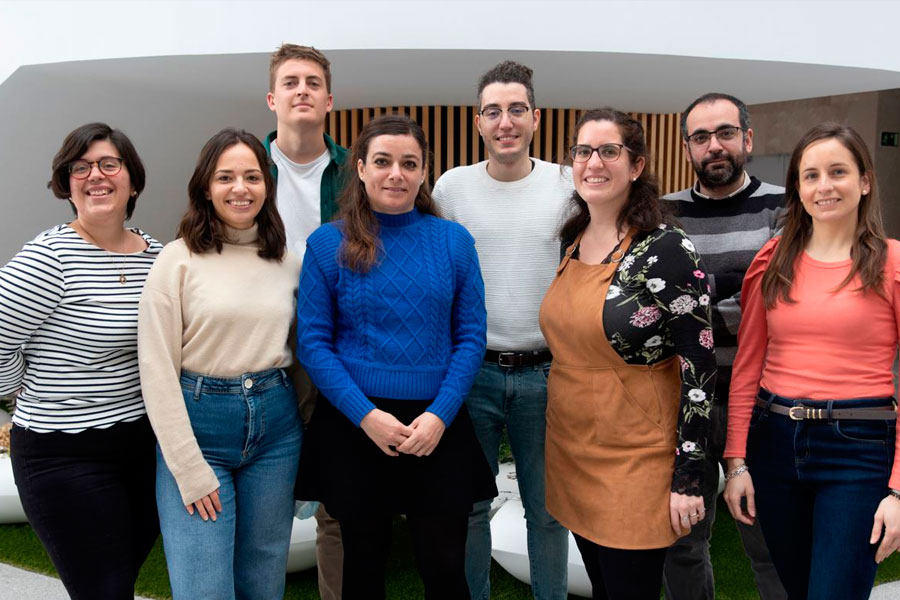IMDEA Energy researchers are working on the development of a combined anti-COVID multi-therapy within the framework of the VIRMOF-CM project
The current pandemic situation associated with the COVID outbreak has had epic social and economic repercussions worldwide. In this context, nanomedicines based on porous coordination polymers (MOFs) emerge as an original and promising alternative for its treatment, thanks to their high versatility and porosity.
Researchers at IMDEA Energy’s Advanced Porous Materials Unit are working on the VIRMOF project, which aims to develop a combined anti-COVID multitherapy for the pulmonary route using nanocomposites based on MOFs and inorganic nanoparticles with intrinsic immunological and/or chemotherapeutic activity.

In a second step, different immuno and/or chemotherapeutic AIs are associated by means of drug encapsulation and surface modification with interleukins and, finally, the biocompatibility and efficacy of the most promising vectors are evaluated in vitro, developing formulations adapted to their pulmonary administration and carrying out in vivo studies of their toxicity and biodistribution for preclinical and clinical research.
In this way, VIRMOF will have an impact not only on anti-COVID multi-therapy, but also on other infectious lung diseases such as tuberculosis or meningitis and other relevant pathologies such as cancer, opening new perspectives in the field of prophylaxis and diagnosis.
To this end, Institute IMDEA Energía has a grant of €1,065,000 from the REACT-EU resources of the European Regional Development Fund, approved by the Government of the Community of Madrid for investment in research projects in the fight against the SARS-COV-2 virus and COVID-19 disease.
Actividad financiada en el marco del Proyecto VIRMOF-CM, actuación financiada mediante el convenio firmado entre la Comunidad de Madrid (Consejería de Educación, Universidades, Ciencia y Portavocía) y la Fundación IMDEA Energía Fundación IMDEA Energía para la concesión directa de una ayuda de 1.065.000 euros para financiar la realización de actuaciones en materia de investigación sobre el SARS-COV 2 y la enfermedad COVID-19 financiado con los recursos REACT-UE del Fondo Europeo de Desarrollo Regional.



